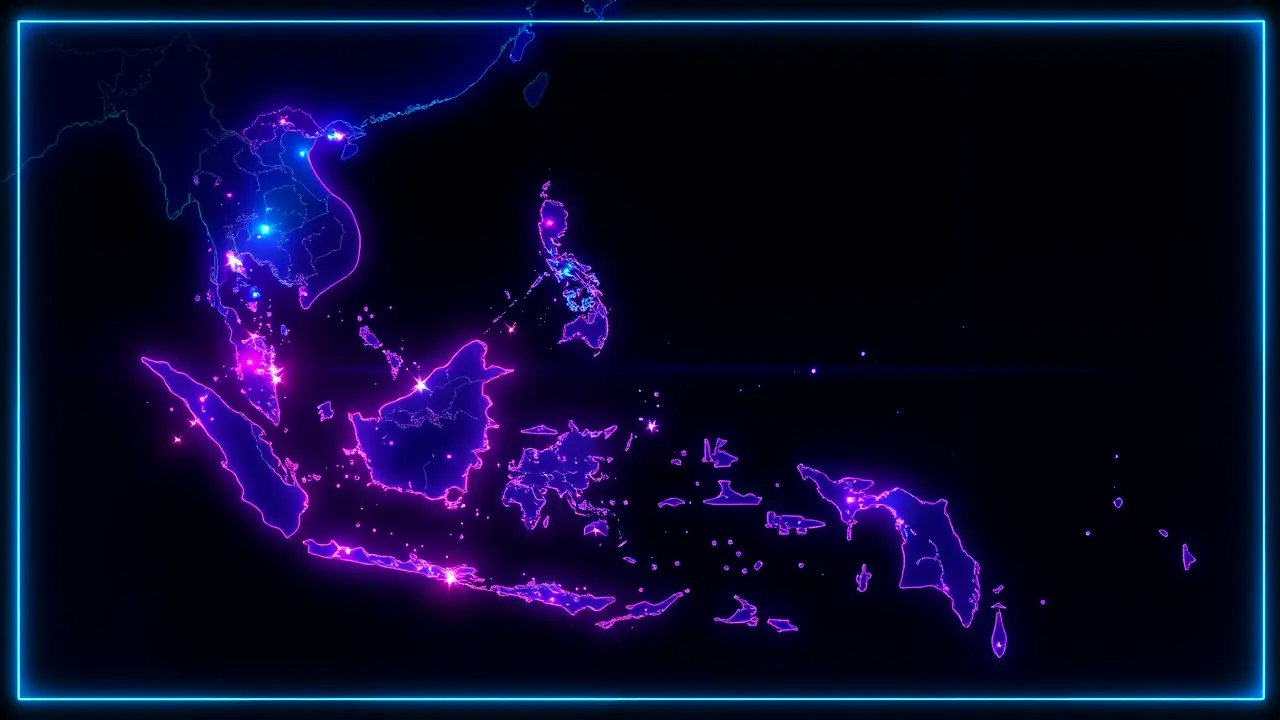
Politicsconflict & defenseMilitary Operations
Philippines Triples Patrol Area in South China Sea
OL
Oliver Scott
11 hours ago7 min read
In a decisive strategic pivot that geopolitical risk analysts are calling a fundamental recalibration of maritime doctrine, the Philippines has dramatically tripled its patrol area within the contested waters of the South China Sea. This isn't merely an incremental increase in presence; it's a calculated escalation, a move from reactive diplomatic protests—long the primary tool in Manila's arsenal—to a posture of proactive maritime control, directly challenging China's increasingly assertive territorial claims.The catalyst for this shift appears to be Beijing's recent declaration of a 'marine protected area' at Scarborough Shoal, a move widely interpreted not as an environmental gesture but as a strategic fait accompli designed to solidify its control over one of the region's most volatile flashpoints. For years, analysts have pointed to a critical vulnerability in the Philippine position: a persistent and dangerous coordination gap between its military and civilian agencies, leading to delayed responses and fragmented situational awareness.This expansion of patrol missions is, at its core, an operational fix for that very weakness, an attempt to create a seamless, unified front. The strategic calculus here is profound.By significantly widening its operational footprint, Manila is not just surveilling more water; it is actively contesting the normalization of China's presence, forcing a higher cost for Beijing's activities and complicating its strategic picture. This carries immense risk, of course.The probability of a direct, tactical-level incident—a ship-to-ship confrontation, a blockade, or even a low-intensity clash—has just been multiplied. We must consider the scenarios: does this embolden other claimant states like Vietnam to undertake similar measures, creating a multilateral pushback that China must contend with? Or does it instead provoke a sharper, more aggressive response from Beijing, potentially leading to a rapid escalation cycle? The shadow of the 2012 Scarborough Shoal standoff, which resulted in a Philippine withdrawal and effective Chinese control, looms large over this decision; it is a clear signal that Manila will not accept a repeat of that outcome.Furthermore, this action cannot be viewed in a vacuum. It is inextricably linked to the Philippines' deepening security partnership with the United States and the recent enhancement of the Enhanced Defense Cooperation Agreement (EDCA), which grants U.S. forces access to more Philippine military bases.This tripling of patrols is the local implementation of a broader allied strategy to enforce the rules-based international order and ensure freedom of navigation. The long-term consequences hinge on Beijing's risk tolerance.Will it view this as a manageable provocation within its broader strategic competition with the U. S. , or as an unacceptable challenge to its core sovereignty claims that demands an immediate and forceful rebuttal? The South China Sea, already a tinderbox, has just had its fuel load significantly increased.
#South China Sea
#Philippines
#maritime patrol
#territorial dispute
#China
#Scarborough Shoal
#featured
Stay Informed. Act Smarter.
Get weekly highlights, major headlines, and expert insights — then put your knowledge to work in our live prediction markets.
© 2025 Outpoll Service LTD. All rights reserved.